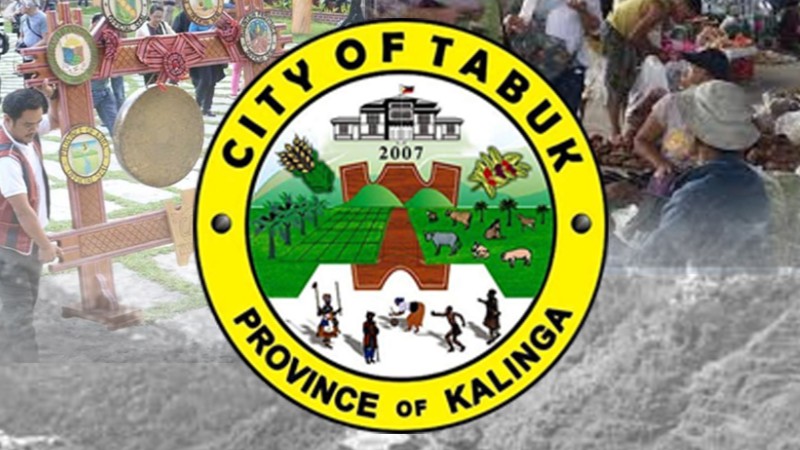TABUK CITY, Kalinga – Representing the resettled and migrant Indigenous Cultural Communities/Indigenous Peoples (ICCs/IPs) of Tabuk City Alma Sandra Uyam 𝐀𝐥𝐦𝐚 𝐒𝐚𝐧𝐝𝐫𝐚 𝐔𝐲𝐚𝐦 was recognized as the 2nd Indigenous Peoples Mandatory Representative (IPMR) of Tabuk City by the members of the city council.
In the City Council’s regular meeting earlier today, Uyam was acknowledged as part of the legislative body’s sectoral representative for ICCs/IPs, and will be rostered in their next session, given that their resolution for DILG’s Legal opinion on the establishment of a 2nd IPMR opines on the positive.
Tabuk City-the capital of Kalinga houses diverse members of IP communities including sub-tribes from other municipalities and nearby provinces. The current Tabuk City IPMR, Vicente Martinez, represents the IPs coming from the 9 ancestral domains of Tabuk City namely Gaddang, Dallac, Tobog, Culminga, Biga, Naneng, Guilayon, Minanga, and Malbong.
Comprising a sizable percentage of Kalinga Migrant ICCs from other municipalities/provinces residing in the city, 48 other resettled sub-tribes who are long-time residents, registered voters, and taxpayers need to be represented. Hence, the affirmation of the National Commission on Indigenous People (NCIP) in the selection of another IPMR.
As can be gleaned from Section 16 of Republic Act (RA) no. 8371, NCIP Administrative Order no. 003, series of 2018, and DILG Memorandum Circular No. 2010-119, the state shall ensure that the ICCs/IPs shall be given mandatory representation in policy-making bodies and other local legislative councils, and the IPMR as the regular member of the Local Legislative Councils will carry out duties for the interest and aspirations of the represented IP communities.
IPMR Uyam will represent 36 Kalinga sub-tribes, and 12 sub-tribes who originate from other provinces, her role includes creating and passing resolutions and ordinances that will promote the political, civil, economic, social, and cultural rights of the aforementioned sub-tribes.
From the Information and Education Campaign record of Bulanao Centro’s IPMR office, surveyed long-time residents who are native to different municipalities agree and support the creation of the City’s 2nd IPMR, which is instrumental in exercising their rights to participate in their economical, social and cultural development as migrant IPs in the city of Tabuk. By: Ruth Cupang














